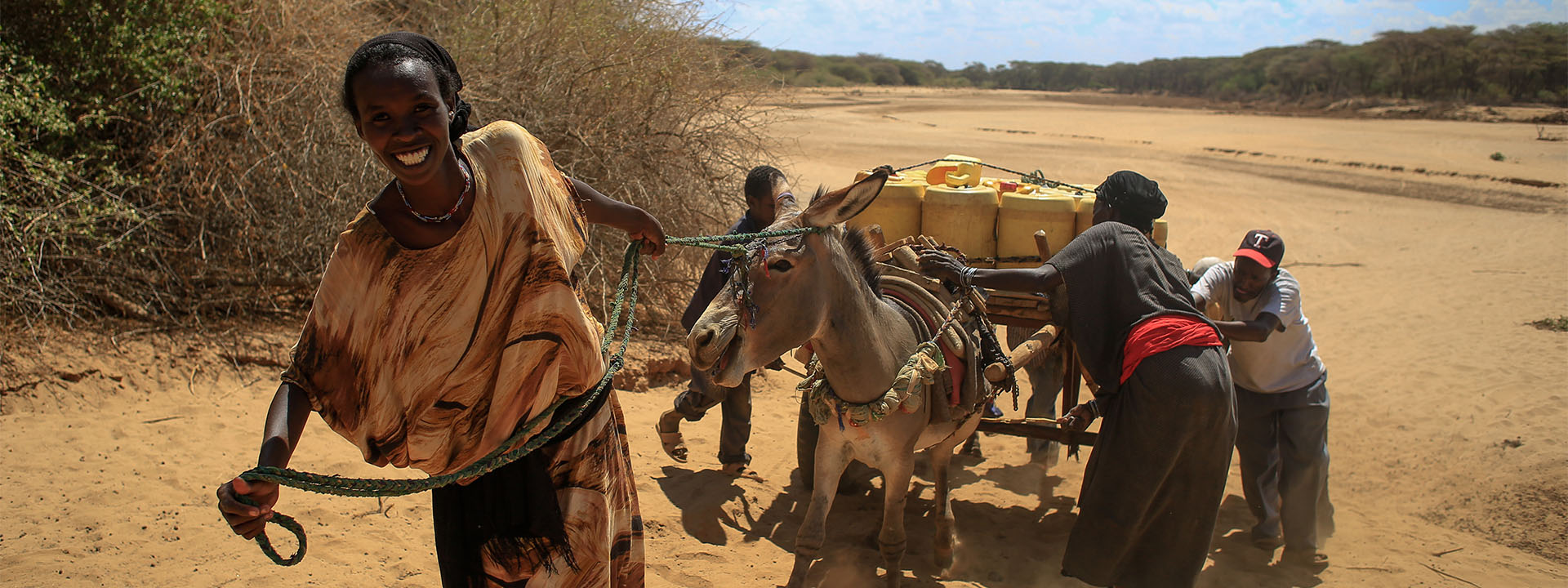September 1, 2022 (Mombasa, Kenya): The Intergovernmental Authority on Development (IGAD) through its IGAD Drought Disaster Resilience and Sustainable Initiative (IDDRSI) and in collaboration with the Government of Sweden, organised a Gender and Resilience Knowledge Share Fair with the theme “Gender Transformative Approach to Mitigating Climate Risks in Karamoja and Mandera Clusters.”
The Share Fair focused on how to best mainstream gender adoption towards resilience-building by focusing on the IGAD’s cross-border areas giving specific emphasis on the Karamoja, and Mandera Clusters.
The two-day share fair event brought together participants from Djibouti, Ethiopia, Kenya, Somalia, South Sudan, Sudan and Uganda. These include representatives from regional resilience projects, private sector representatives, cross-border civil society organisations and more especially gender focused CSOs, and technical staff from the IGAD secretariat, IDDRSI focal ministries, Chairpersons of the NEP, local government and community development, gender affairs leading Ministries, academia, research institutions, and other relevant ministries.
A Share fair is a participatory event which provides an opportunity for different actors to come together and share knowledge, experiences, and good practices on a given topic. This can create and strengthen a common knowledge base and understanding and help to identify successful methods and approaches to the issue at hand. This share fair builds on previous share fairs and their successes.
Prior to the current drought across the Horn of Africa, the food security and nutritional situation in the region was already precarious, leaving households extremely vulnerable to food insecurity with little to no coping capacity to manage additional shocks.
Currently, IGAD estimates that 8.1 million people are food insecure in ASLA area of Ethiopia, 3.5 million in Kenya, 7.7 million in Somalia, 8.9 million in South Sudan, 10.6 million in Sudan, and 1.6 million in Uganda, where girls and women and other social groups are more severely impacted by the drought.
The 2022 share fair was organised with the objectives of Sharing the methodology of the gender transformative approach with the participants, sharing success stories and good practices including failures on gender transformative approach focusing on drought response, COVID 19 and conflict, and facilitate and establishing a monitoring mechanism to track the action plans that have been identified from the previous share fair events and identify what has changed.

